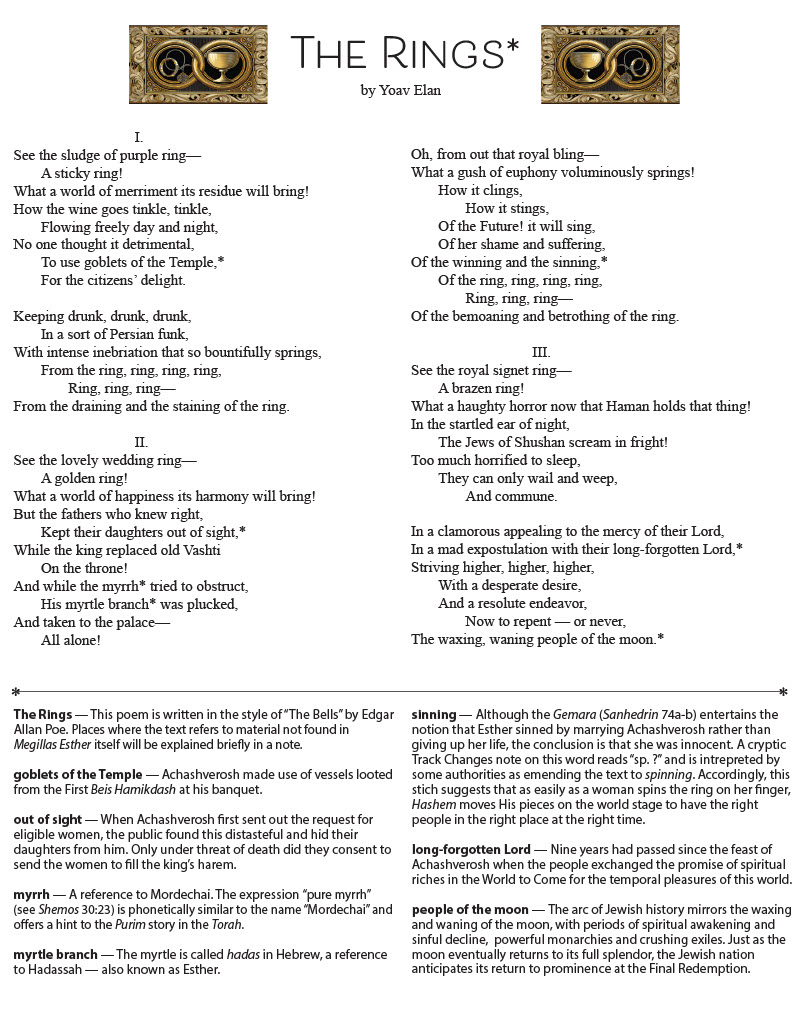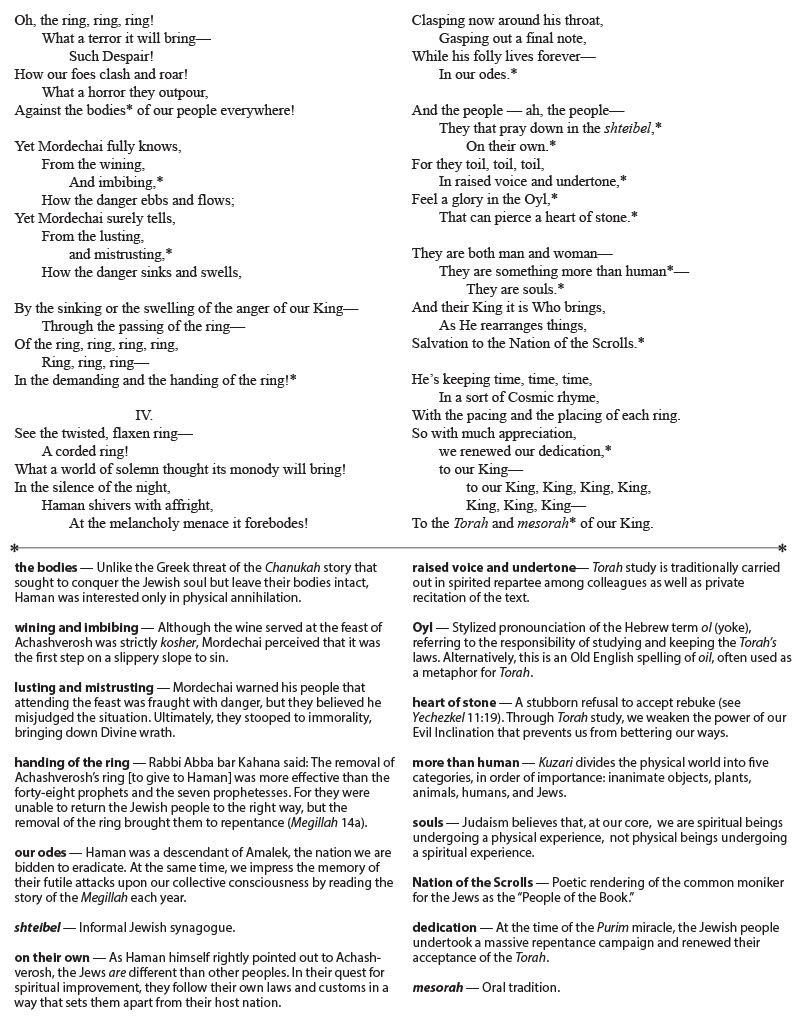WWW: Let me begin by saying thank you so much for joining us; we appreciate your time. I guess we will jump right in to the most pressing thing on everyone’s mind: COVID. You were just inaugurated. How do you think the city has handled COVID so far, and what do you think you can do better in the future as mayor?
Scott: I think that we have really done a good job of handling COVID thus far, under the leadership of the city health commissioner, Dr. Dzirasa, who is doing a fantastic job. But, yes, there’s always room for improvement. We are, first and foremost, going to continue following the advice of the public health professionals. I also want to say that I feel lucky to be mayor of the city that has 11 hospitals. It has Johns Hopkins, which is leading the world in COVID research. We also have University of Maryland Medical System; we are using them as well to help influence what we’re doing and how we’re doing it.
We’re going to communicate more frequently with the public, and we’re going to try to be more nimble in sending credible messages out into communities. We need to have the well-respected folks in the neighborhoods, including within the Orthodox Jewish community, carry the message so that it is reaching everyone and so that people understand how important this is and trust us as we move through this very trying time – especially as we prepare for the vaccine rollout.


















